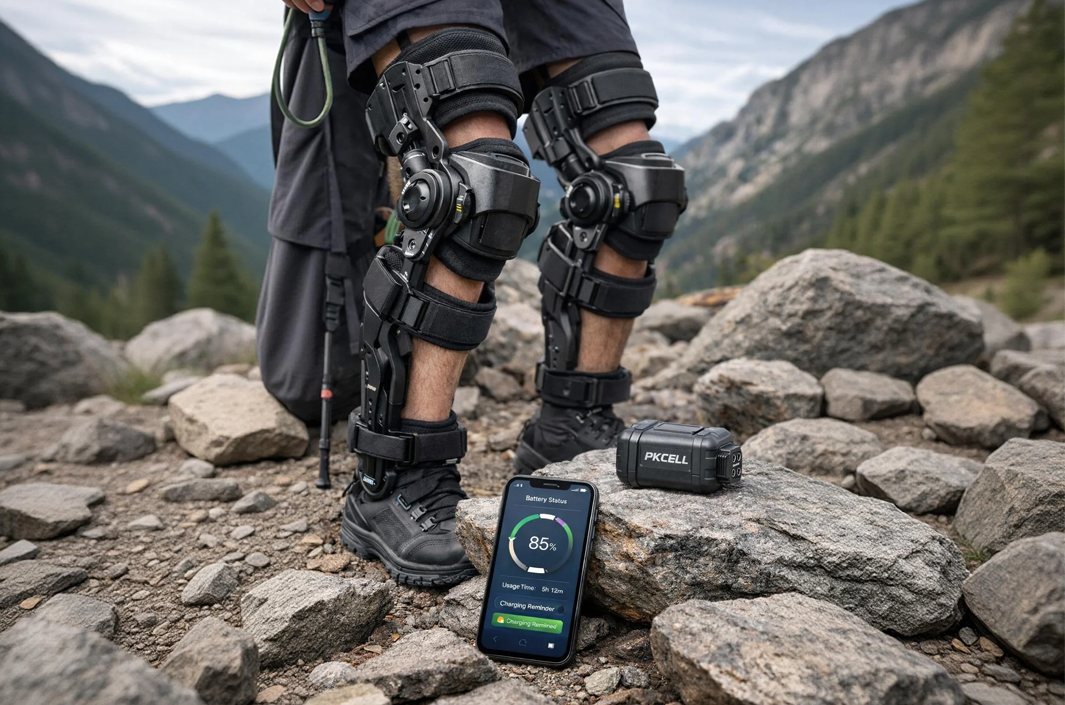Project Background
From the mid-19th century (1850s–1890s), modern dentistry was introduced to Poland from Western Europe, including France, Germany, and Switzerland. A generation of Polish students trained in these countries returned home and established dental schools and hospitals, bringing advanced knowledge and practices.
Our client is one of these pioneering institutions. Over the decades, they continuously developed new dental equipment, such as dental chairs and surgical instruments. While most of the main equipment was imported from Switzerland and Germany—ensuring high quality—it came with high costs due to import taxes.
Historically, their equipment relied on wired power supplies using alternating current. The products were stable, safe, and rarely caused incidents during surgical procedures.
In the 1970s, the emergence of lithium battery technology offered potential advantages for many industries, including camcorders and mobile phones. The client experimented by integrating early lithium batteries into some dental devices. However, due to the unstable quality and frequent malfunctions of early lithium cells, these attempts were not fully successful, and the medical device field remained cautious about adopting rechargeable batteries.
The client did not abandon the idea; they waited for stable and safe lithium battery technology to mature.
Key Challenges
- Limited battery space inside portable handheld dental equipment
- Requirement for a lightweight and compact design to ensure usability and ergonomics
- Need for stable, safe, and long-lasting power to support DC brushless motor operation at 12V (11.1V nominal)
- Compliance with medical safety standards(ISO 13485, IEC 62133)
- Integration with the equipment’s communication protocol for battery monitoring and status reporting
Our Solution
Battery Design & Structure
PKCELL proposed a triangular battery pack structure (3S1P) to optimise the limited internal space of the handheld device.
- Custom triangle PCM(Protection Circuit Module) was designed to ensure safe charging and discharging.
- Lightweight materials and compact arrangement allowed for maximal usability without increasing device bulk.
Battery Chemistry & Performance
The battery pack utilized modern NCA/NCM lithium technology, providing:
- Stable voltage output to power the DC brushless motor
- High cycle life for long-term reliability
- Low self-discharge to ensure readiness even after periods of inactivity
Safety & Compliance
- PKCELL is ISO 13485 certified, ensuring medical-grade manufacturing standards.
- Integrated PTC (Positive Temperature Coefficient) safety deviceto prevent overcurrent issues.
- Full IEC 62133 testingcompleted to guarantee global safety compliance.
Communication Protocol Integration
PKCELL collaborated with the client to develop battery-to-device communication, enabling real-time monitoring of battery status, charge level, and health, enhancing usability and maintenance.
Results & Value Delivered
- Successful Prototype Launch: The first prototype met all space, weight, and power requirements.
- Positive Reception in the Medical Community: The portable handheld dental equipment reduced the inconvenience of wired connections while maintaining reliable performance.
- Enhanced Safety and Reliability: IEC 62133 certification, PTC protection, and NCA/NCM technology ensured a safe, stable, and long-lasting power source.
- Compact & Ergonomic Design: The triangular battery pack fully integrated into the device without compromising usability.
Customer Feedback
Medical professionals widely praised the new portable dental equipment:
“The handheld device is lightweight, reliable, and safe. Removing the cord dramatically improves workflow efficiency and usability in dental practices.”
Next Steps
The client plans to export their portable handheld dental equipment to North American markets, leveraging PKCELL’s battery technology to further enhance the company’s global influence in the dental equipment industry.




